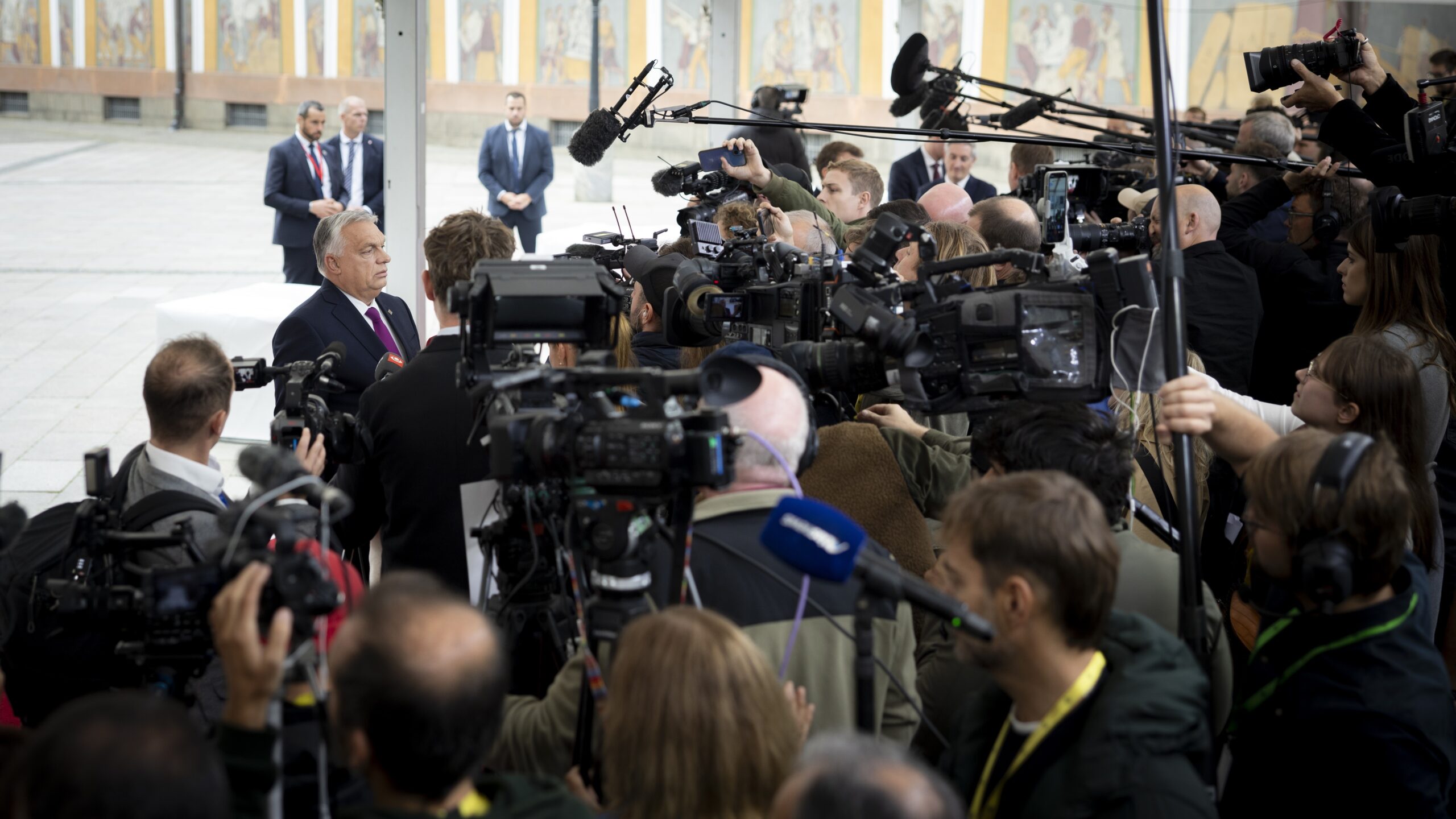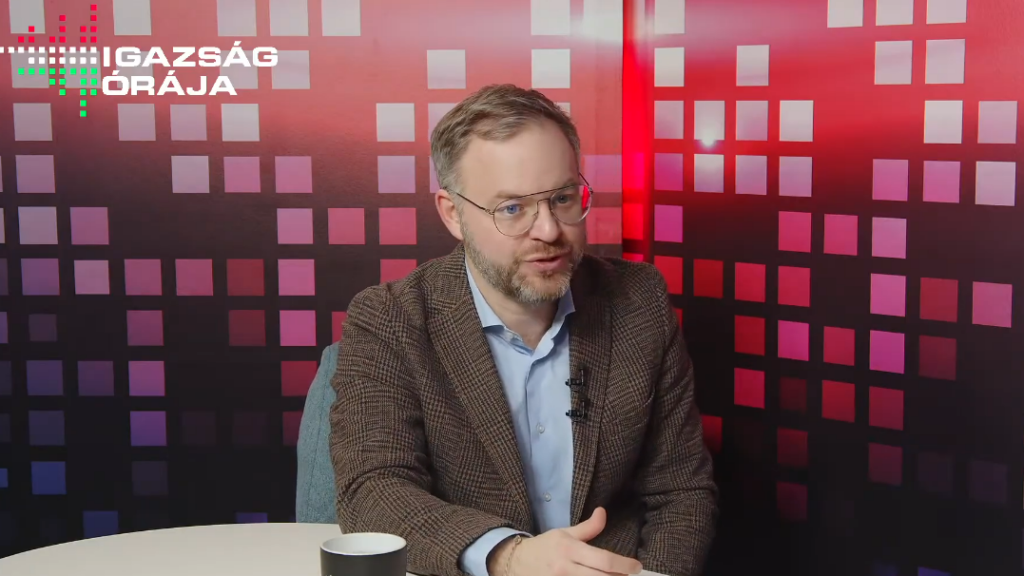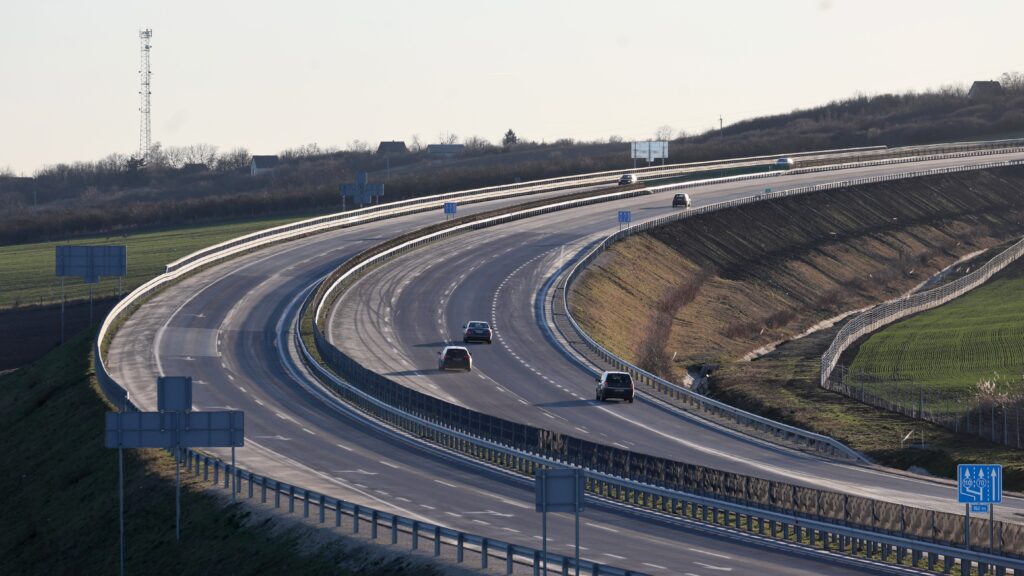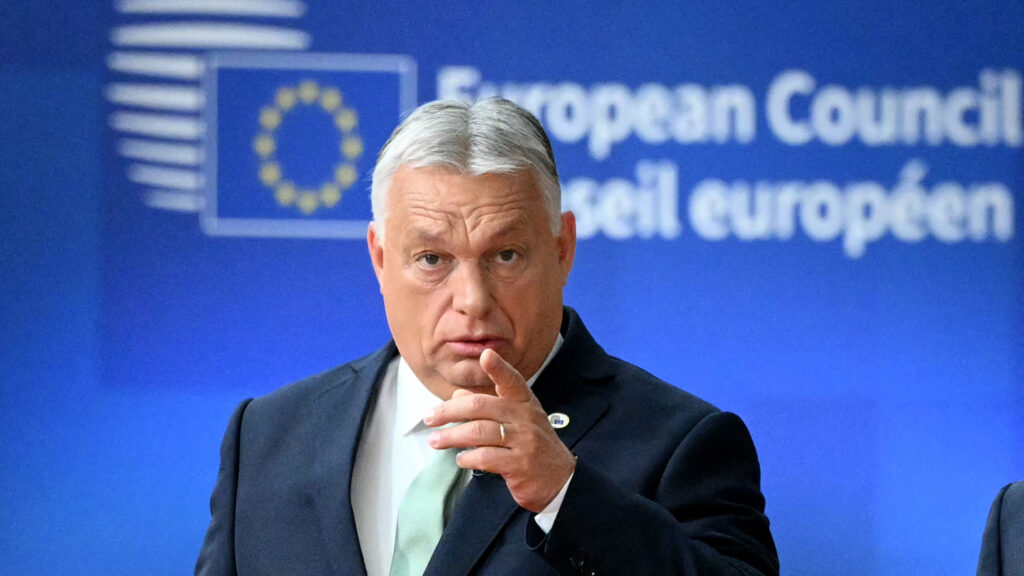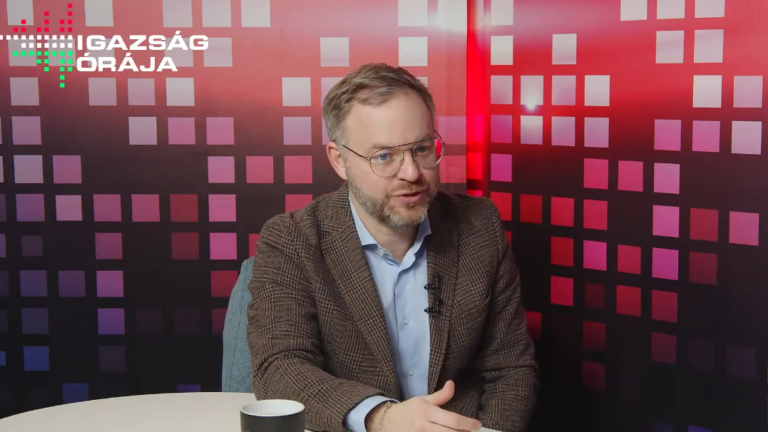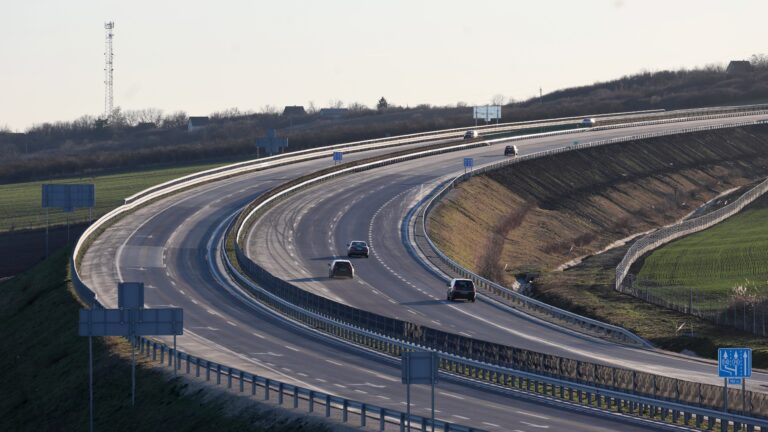Prime Minister Viktor Orbán told journalists in Copenhagen that Ukraine’s EU accession cannot be opened by ‘legal tricks’ that bypass Hungary. Speaking ahead of an informal EU summit, he insisted every enlargement to date has proceeded under the same legal framework and that each chapter’s opening and closing requires unanimous agreement from all member states, a requirement he said cannot be changed.
Orbán said Hungary has quiet allies on the issue, though few who will voice agreement openly. He noted that a national referendum in Hungary already expressed opposition to Ukraine’s membership and argued that, as a democracy, Hungary lets its citizens decide on major questions.
The Hungarian leader argued that Budapest prefers a strategic partnership with Kyiv rather than full EU membership, because accession would risk pulling the union into the Russia–Ukraine war and divert large portions of EU funds to Ukraine. He described Ukraine as a heroic country that must be supported, but said that support should not equate to membership that could entangle the EU militarily.
Orbán listed what he called the summit’s key flashpoints: political steps to frame the Russia–Ukraine war as ‘the EU’s war’ (an initiative he said Poland proposed and the Commission president backed); increasing the EU’s financial assistance to Ukraine; accelerating Ukraine’s accession process; and proposals to ban Russian oil and gas purchases. He said all those moves run counter to Hungary’s interests and that he must oppose them. He framed the coming debates as a hard fight, noting opposition from some EU colleagues, Commission officials, and domestic critics.
‘[Prime Minister Orbán] described Ukraine as a heroic country that must be supported, but said that support should not equate to membership’
On the idea of grouping Ukraine’s and Moldova’s accession paths together, Orbán rejected that approach, saying the two are distinct. He further questioned Ukraine’s sovereignty in practical terms, claiming uncertainty about its eastern border, population, and financial independence, arguing that EU funding currently sustains Ukraine’s state functions, including pensions and administration. ‘If we stopped funding Ukraine tomorrow, it would cease to exist as a state,’ he said, stressing the financial reality behind the country’s survival.
Turning to energy issues, Orbán said Hungary hopes the Friendship pipeline will keep working as before, acknowledging occasional disruptions when Ukrainian forces damage sections on the Russian side. He told reporters he had consulted MOL executives before travelling to Copenhagen and intends to represent their position. He reiterated Hungary’s sovereign right to choose energy suppliers, noting the country’s landlocked geography limits alternatives: while a Croatian pipeline exists, it cannot deliver sufficient volumes to replace supplies from Russia.
‘While a Croatian pipeline exists, it cannot deliver sufficient volumes to replace supplies from Russia’
Orbán also warned that the current security environment is so tense that even a single mistake by a major actor could escalate into a wider war. On EU defence cooperation, he said Hungary supports intra-EU military coordination; regarding proposed drone-defence systems, he added tersely that if an unidentified drone enters Hungarian airspace, Hungary will shoot it down, ‘with or without a drone fence’.
Finally, he referred to a disagreement with Sweden’s prime minister, saying it stems from Swedish government interventions in legal cases involving Hungary at the European Court of Justice; nevertheless, he added: ‘We like the Swedes.’
Related articles:

